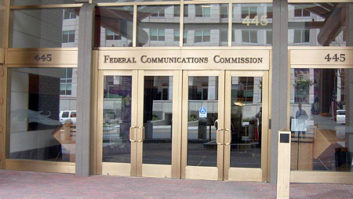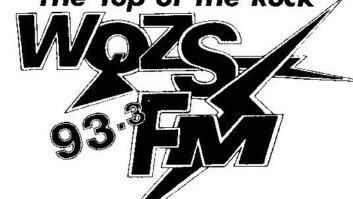Frequently asked auction questions
Jan 1, 2001 12:00 PM, By Harry Martin
The FCC has begun the process of awarding 359 FM radio station licenses at open auction. Here is a list of frequently-asked questions, and their answers, about the upcoming FM auction:
When and how long is the auction? The auction will begin on February 21, 2001. The length of the auction is dependent upon how much participants are willing to bid. The longest FCC auction lasted more than four months and comprised 276 rounds of bidding.
How is the auction conducted? Participants log into the FCC’s dedicated electronic auction system to place bids, review opponents’ bids and receive FCC notifications.
How do I become qualified to bid in an auction? To participate in the FM auction, an electronic short form application (Form 175) must be filed in January and a refundable upfront payment (earnest money) must be wired to the FCC.
What is in the application to participate? Form 175 requires general name and address information and detailed ownership and affiliate information. The application provides the opportunity for a bidder to designate what construction permits are targeted and provides the opportunity to request a new entrant bidding credit.
What is a new entrant credit? Bidders who have no attributable interests in mass communications will receive a 35% discount and entrants with no more than three mass media facilities, provided they are outside the area of the proposed station, will receive a 25% discount. The bidding credit is applied at the end of the auction. There are no special bidding credits for minorities.
Must a bidder have engineering completed? While the FCC requires a bidder to certify that it is technically qualified, no further engineering is requested in Form 175. However, the FCC will not refund a bidder’s money if the bidder later discovers that zoning of FAA problems have a negative impact on the allocation won.
Once qualified, in what markets may I bid? Bidders will be permitted to bid based upon the amount of bidding eligibility they have purchased. The purchase of bidding eligibility is achieved through the upfront payment and is fully refundable if no penalties are assessed and no licenses are won. Each market will have a bidding unit value that will remain unchanged throughout the auction.
What is the correct amount of eligibility to purchase? The amount of upfront payment is a matter of discretion. For example, assume only three markets exist, Market A worth 3 bidding credits, Market B worth 2 credits and Market C worth 1 credit. To participate in all three markets, a bidder would (1) have to designate all three markets on the Form 175 application and (2) have to deposit an upfront payment of $6. However, if a bidder knew that it could only afford Market A alone or a Markets B/C combination, it could opt to deposit only $3 (A=3 or, alternatively, B+C = 3). Using the latter scenario ultimately denies the bidder the opportunity to bid on all three markets simultaneously.
How will the FCC auction all 359 licenses? The FCC is using a simultaneous multiple round format for the auction. As such, and to follow the example of the previous question, Round 1 would require bids on Markets A, B & C during the same designated time period. If a bidder had only purchased limited eligibility, it would be limited to markets for which it had adequate bidding credit. Again, in the example, with only a $3 credit, a bidder would be limited to bidding on A or a B/C combination. In a subsequent round, should a bidder be knocked out of A, it will still have the eligibility (3 units) to operate in the B/C market (2 + 1).
Will a bidder know who its competitors will be? After all bidders file Form 175, the FCC will release a list of all bidders and the markets they have designated.
May a bidder contact a competitor and settle? On the date of Form 175, anti-collusion rules apply. The anti-collusion rules prohibit competing bidders from contacting one another, and the FCC has been strict in enforcing this rule, issuing sizable penalties for violations. A winner found violating the rule will be disqualified from obtaining a construction permit and will lose at least the bid deposit.
How does a winning bidder obtain the license? At the close of the auction, a winning bidder will have to submit a full FCC Form 301. Once the application has been reviewed and deemed grantable, the remainder of the winning bid must be paid, at which point the construction permit will be issued.
Harry Martin is an attorney with Fletcher, Heald & Hildreth, PLC., Arlington, VA. E-mail [email protected]
Dateline
Unless the new EEO rules are invalidated by the D.C. Circuit Court of Appeals, stations in the following states will be required to place their Annual EEO Public File Reports in their public files and on their websites on or before February 1, 2000: Arkansas, Kansas, Louisiana, Mississippi, Nebraska, New Jersey, New York and Oklahoma. Biennial ownership reports will be due for the same states, also on February 1.












